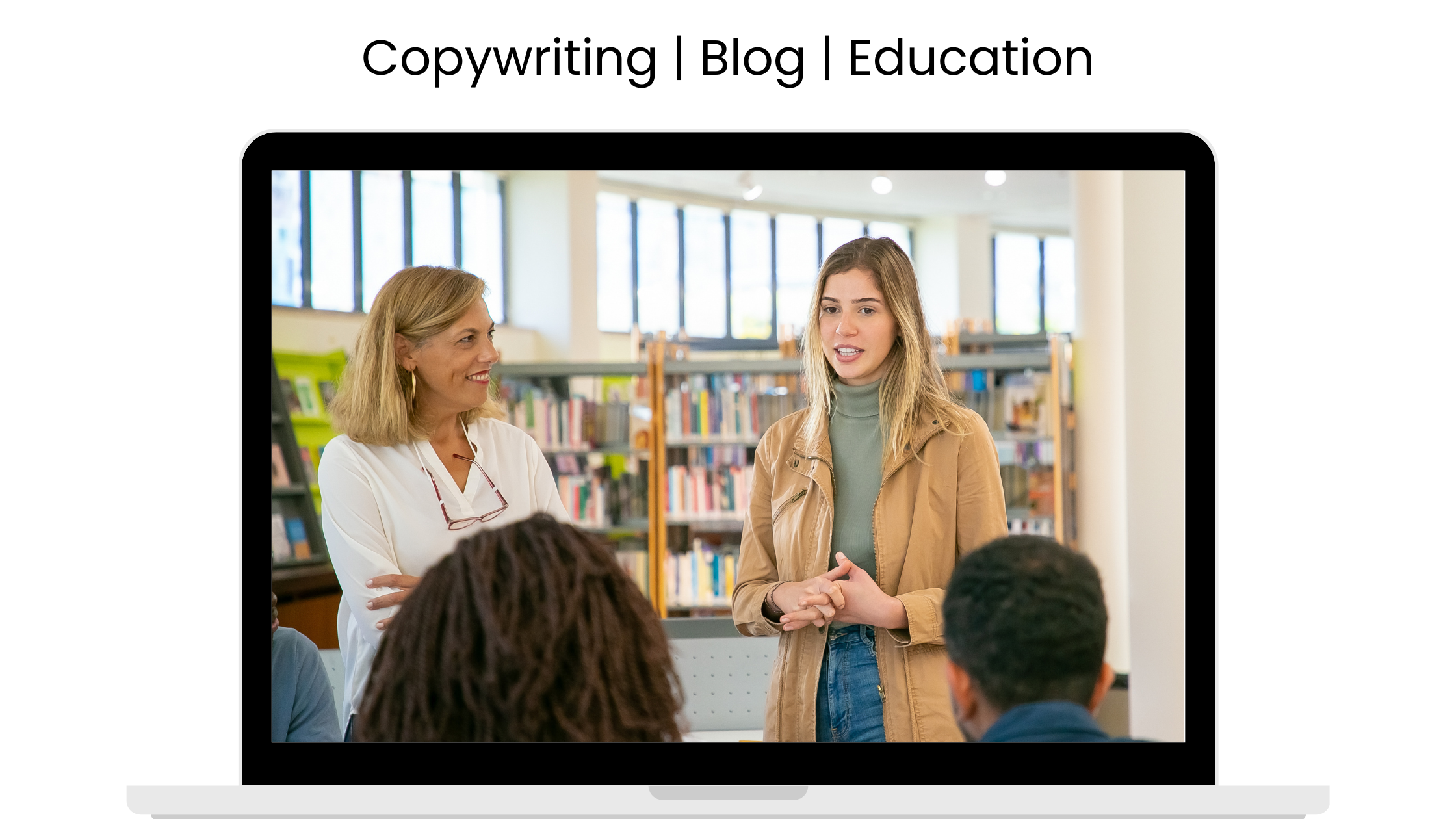Parent-teacher conferences are a vital aspect of each student’s individualized learning plan. They are opportunities for parents, guardians, and educators to collaborate on how best to enable each student to reach his or her highest potential in the classroom. To maximize your available time with each parent or guardian and to facilitate constructive dialogue, attainable goal-setting, and actionable steps, you must prepare for each conference and know how to promote a productive discussion. To help you succeed, we have compiled six proven best practices for ensuring successful parent-teacher conferences.
Be Prepared with All Relevant Assessment Factors
Review and bring to the conference test scores (both classroom test scores and standardized test scores), project grades, sample assignments, and the results of any other school or district assessment tools used to monitor student progress. Plan to explain each grade, any identified trends, and any important observations, conclusions, or opportunities that will help the student achieve his or her fullest potential. Be prepared to discuss the student’s progress as it relates to classroom expectations or national standards only when relevant or necessary as part of an actionable learning plan adjustment. Be prepared to explain how any standardized test results will be used, individually and collectively, to further student instruction.
Lead with the Positive
Every student, even the best and brightest, has an opportunity to improve. Identifying such opportunities is part of both a parent’s and a teacher’s responsibility to enable a student to succeed. Whether you are prepared to share a few tips for further success, constructive criticism, or discuss progress or discipline concerns, always begin with positive feedback and then transition into opportunity discussions or concerns. Starting with positive comments will reinforce to the parents or guardians that you care about their child and only want the student to maximize his or her potential by enhancing strengths and minimizing weaknesses.
Address All Factors that Impact the Student’s Learning
Not only will it be important to share with a student’s parents or guardians his or her academic progress as reflected in test scores and classroom participation, it will also be essential to discuss any factors that may be inhibiting the student’s learning. Such factors may include any observed behavioral patterns, social considerations, peer relationships, and work habits. Outlining a comprehensive assessment of all the elements influencing a student’s academic progress will enable the development of the most successful collaborative learning plan.
Be Prepared with Student-Specific Questions
Not only is the parent-teacher conference an opportunity for you to share information about a student with his or her parents, but it is also a time for you to obtain information and insights to help you better nurture the student’s learning. For each conference, be prepared with a list of student-specific questions to ask the parents or guardians to help you further tailor the student’s learning plan. Also, ask the parents or guardians if the child likes school, and why or why not. Such a simple question can provide critical insights that will help you to help the child learn in a comfortable, supportive environment.
Be Prepared to Explain Concerns with Examples
If you have behavioral or discipline concerns about a student, share them with the parents or guardians in advance of the conference, so the news does not come as a surprise. A loved one may feel defensive if caught off guard with a negative assessment, which could stifle positive collaboration. Also, be prepared to identify specific examples of in-class behaviors that resulted in disciplinary actions, or concerning test or assignment results. By providing clear examples, parents and guardians can best understand your perspective and the reasons for your concerns and will be more willing to offer insights and discuss solutions.
End the Meeting with Both Parties on a Clear Path
Be sure to end the discussion by establishing goals and action steps that should occur both in the classroom and at home to support the student’s learning plan. At the next conference, review your collective progress toward those goals and look to identify how your efforts have been impacting the student’s performance.
Remember, a parent-teacher conference is about sharing and listening. You are the student’s best advocate in the classroom, but you will need the support of his or her parents or guardians in the home to ensure a well-rounded educational support system. By creating a parent-teacher conference setting that enables positive collaboration, you will be setting the student up for long-term success.
